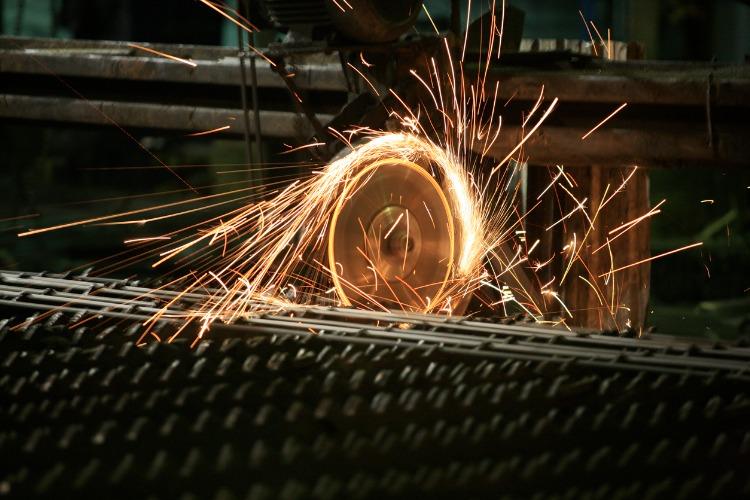Why is cyber security crucial to the manufacturing industry?
The manufacturing industry is becoming increasingly reliant on smart technology as a way to enhance its workflow, production and logistics. In fact, just last year, the UK government announced a £50 million data innovation hub to enable manufacturing businesses to benefit from advancing digital technology.
Smart technology allows manufacturers across a range of industries to efficiently utilise data, become more sustainable and increase productivity through a variety of digital systems.
While smart technology and reliance on digital processes creates multiple benefits and opportunities for growth, it also increases the risks from a cybersecurity perspective.
What are the cyber security risks?
AI, cloud-based data gathering and IoT (Internet of Things) network connectivity all offer improved ways of working but they also leave manufacturing businesses open to cyberattacks. These are attempts to hack systems, steal data or destroy software through computer technology systems and can result in significant and damaging consequences for a business.
Servers, specific devices or targeted users or companies can be affected by cyberattacks, which often come in various stages. That’s why it’s crucial that manufacturing businesses are aware of the risks and take steps to mitigate such threats.
While there are multiple actions that should be taken to lower the risks, some businesses choose to take out manufacturing insurance as a preventative measure in case of a security breach.
Why is cybersecurity so important for manufacturers?
A manufacturing business cyberattack can have significant implications, including:
- Workflow disruption: As a company deals with the fallout of a cyberattack, it’ll face a huge disruption to its processes and could potentially lose days or weeks of production.
- Loss of reputation: If client or customer data is put at risk, businesses are likely to face a dramatic downturn in their reputations. With an issue as serious as data breaches, companies might find that it takes many months to regain trust.
- Financial loss: It goes without saying that lost revenue can be the result of a halt in production and loss of customers or clients. Manufacturing companies might also find themselves having to rebuild their computer systems and processes.
How should manufacturing businesses prevent cyberattacks?
It’s essential that manufacturing companies making use of smart technology have relevant security protocols in place to help prevent a cyberattack. These include:
- Prioritising cybersecurity: Investing in cybersecurity tools is essential and could save a business a great deal of money in the long run.
- Training staff: Making sure that staff are aware of the risks and how to identify attacks is crucial. Training should be given on aspects such as defence against phishing, mitigating malware and verification processes.
- Protecting data: This is essential, especially if a business works with external clients or customers. It’s also vital to back up data and important information so that you’re covered if something goes wrong.
Finally, by making sure that everyone in the organisation knows the importance of cybersecurity and how to report any incidents, a manufacturing company will be in the best possible position to benefit from smart technology with minimal risk.

